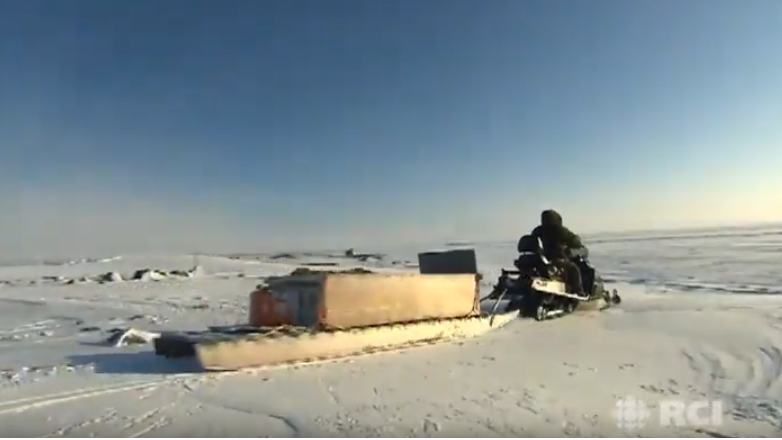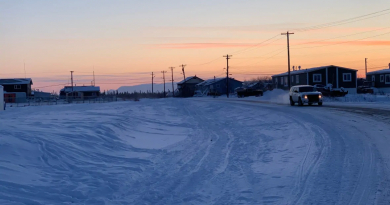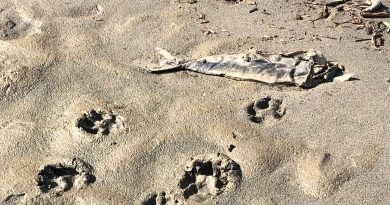Nunavik gun-owners will have support to comply with registration legislation, says provincial rep for Arctic Quebec

Gun owners in Nunavik, the Inuit region of Quebec, will receive the support necessary to comply with the province’s gun registry legislation, says the provincial representative for the Arctic Quebec riding of Ungava.
“It is very important for us to make sure it’s easy for everyone to register their firearms in Nunavik,” said Denis Lamothe, Quebec Member of the National Assembly (MNA), in a telephone interview with Eye on the Arctic on Wednesday.
Lamothe says good communication continues with Makivik Corporation, the Inuit land claims organization that represents Quebec Inuit, Kativik Regional Government (KRG), the administrative body for Nunavik, and the region’s Kativik Regional Police Force (KRPF), to address concerns raised by Makivik concerning the impact of the legislation on Inuit in the province.
“The law is here to stay,” Lamothe said. “But I don’t want any Inuit in Nunavik to have problems with registering their guns.”
KRPF is already helping those having difficulty with completing the registration process, he said.
Burden for Inuit says Makivik
The Quebec Firearms Registration Service has been widely debated in the North. It was announced by the province after the federal firearms registry was ditched by Conservative then-Prime Minister Stephen Harper in 2012.
The Quebec act came into effect on January 29, 2018, requiring gun owners to register non-restricted firearms. They were given until January 29, 2019 to comply.
The registry form is filled out online, or forms can also be downloaded and sent in. It’s available in French and English.
Information required includes detailed questions on all aspects of the firearm in question (including details like barrel size and type of mechanism) as well as sometimes requiring photo copies or document scans.
But Makivik has argued that for many subsistence hunters whose mother tongue is Inuktitut, the process is long, complicated and difficult to understand. Slow and unreliable internet service in Arctic Quebec further complicates registration, they’ve said.
Earlier this month, they requested that the legislation be suspended in Nunavik and that a working group be established to revisit the legislation’s impact on Inuit.
Write to Eilís Quinn at eilis.quinn(at)cbc.ca
Related stories from around the North:
Canada: Constitutional challenge mounted for Indigenous man charged with illegal caribou hunting in Atlantic Canada, CBC News
Denmark: Reinstilling pride in the Inuit seal hunt, Eye on the Arctic
Finland: Gold mining in northern Finland hurts reindeer, says Natural Resources Institute, Yle News
Greenland: What the EU seal ban has meant for Inuit communities in the Arctic, Eye on the Arctic
Iceland: Feature Interview: Hunting culture under stress in Arctic, Eye on the Arctic
Norway: Saami Council says planned Arctic railway threatens reindeer herders, The Independent Barents Observer
Russia: Russia plans fenced parks to confine reindeer herding in Arctic, The Independent Barents Observer
Sweden: Legal battle over hunting and fishing in Sweden’s Far North, Radio Sweden
United States: Alaska Natives rally for restored aboriginal hunting, fishing rights, Alaska Dispatch News



